Grossi's Iran visit opportunity for UN nuclear agency to right its wrongs
By Syed Zafar Mehdi
UN nuclear agency chief Rafael Grossi will touch down in Tehran on Friday, exactly a year after his last visit. Among others, he is expected to hold talks with President Ebrahim Raeisi.
The much-anticipated visit comes at a critical juncture as the International Atomic Energy Agency (IAEA) continues to politicize its purely technical mandate, under Western pressure.
“The agency shall not make assistance to members subject to any political, economic, military, or other conditions,” reads the IAEA’s statute, clearly spelling out its mandate.
Despite Iran extending full cooperation to the UN nuclear agency, opening its nuclear facilities for periodic inspections, and unfailingly informing the agency about its enrichment activities, the country has unreasonably been subjected to vicious attacks of political nature.
Worse, the UN agency has allowed itself to be politically manipulated by the US and its allies, including the Israeli regime, in intensifying the “maximum pressure” crusade against Iran.
More recently, Western media outlets, citing a leaked report presented by an IAEA inspector, claimed the discovery of uranium particles with 84 percent purity at Iran's nuclear facilities.
It provided fodder to anti-Iran propaganda mills in the West, which said Iran was on the verge of making a nuclear bomb. The same rhetoric they have been regurgitating for 40 years.
Behrouz Kamalvandi, the spokesperson for Iran’s nuclear agency, soon deflated the conspiracy bubble, saying the discovery of particles with purity above 60 percent was “nothing out of the ordinary” in the enrichment process.
What counts is the final product, which remains at 60 percent, well below the weapons grade.
The IAEA inspector later acknowledged that he made a “mistake” and went on to rectify that in his most recent visit to Iran, but the Western media continued to bark up the wrong tree.
The first examination Grossi faces during his visit to Tehran, his fourth since assuming office in December 2019, is the deliberate leak of confidential reports about Iran’s nuclear activities.
The IAEA chief, speaking at the Chatham House in London last month, seemed to suggest that the agency has “no control” over the leaks, and refused to own responsibility.
“You should ask those who leak. I produce a report, and if somebody leaks it what can I do," he said. “Of course, it is a matter of concern. I don’t have a police force or a confidential commando to make sure that this thing [does not happen] it’s impossible."
In response, Iran's nuclear agency chief Mohammad Eslami advised Grossi to "maintain professional behavior" and "not join the pressure campaign" against Iran.
In the leaked report, the UN agency accused Iran of failing to inform it of what it termed a “substantial” change to interconnections between the two centrifuge cascades enriching uranium to up to 60 percent at the underground enrichment plant.
Kamalvandi, in an interview with Press TV on February 22 stressed that only "modes of enrichment" were changed, not “unannounced changes to the design information questionnaire” as claimed by the IAEA.
Another issue that is likely to figure prominently in Grossi’s discussions in Tehran is the so-called IAEA "probe" into what the agency claims are “uranium traces” found at “undeclared nuclear sites" in Iran.
The issue has emerged as a key sticking point in talks aimed at salvaging the 2015 nuclear deal, which remain stalled since last August. Iran has dismissed the probe as “politically motivated”.
In June last year, Grossi landed in Tel Aviv ahead of the agency's board of governors (BoG) meeting, where a resolution, drafted by the US and its allies, was passed against Iran.
The resolution urged Iran to cooperate with the IAEA’s probe into so-called "three undeclared sites". Tehran insists that the probe is based on forged documents provided to the agency by the Israeli regime.
In November last year, the IAEA passed another resolution that faulted Iran's lack of cooperation with the IAEA probe despite warnings from Tehran that it would affect relations with the agency.
Notably, during Grossi's Tel Aviv visit, then-Israeli regime premier Naftali Bennett had “emphasized the urgent need in mobilizing the international community to take action against Iran, using all means, in order to prevent Iran from achieving nuclear weapons.”
Importantly, Israel has not signed the Nuclear Non-proliferation Treaty (NPT). It has repeatedly and contemptuously rejected calls to join the keystone accord of the international arms control regime and refused to give UN nuclear agency inspectors access to its nuclear sites.
Still worse, it has over the years carried out numerous sabotage attacks at Iran's IAEA-monitored nuclear sites and assassinated the country's top nuclear scientists.
Iranian officials insist, if the IAEA’s mandate is indeed technical, the politically motivated probe must be immediately dropped by the agency, which will pave the way for a new chapter of cooperation between the two sides.
As of today, Iran’s nuclear enrichment remains at 60 percent, well below the mark needed for the bomb. If Tehran intends to further ramp up its enrichment, it will inform the agency.
But, as the Leader of the Islamic Revolution Ayatollah Seyyed Ali Khamenei has repeatedly asserted, Iran is not eyeing a nuclear bomb, which clashes with the country’s defense doctrine.
Iran agreed to limit its uranium enrichment to 3.67 percent under the 2015 nuclear deal in 2015 and was forced to breach that mark only after the then-US administration headed by a megalomaniac unilaterally walked out of the accord and reinstated harsh sanctions on Tehran.
It is not the Islamic Republic that needs to prove its commitment to the nuclear agreement or provide guarantees to other remaining parties. The ball is in the US and European courts.
Grossi, instead of doing Washington’s bidding, must fulfill his responsibilities professionally and non-politically in order for the agency to regain the trust and credibility it has lost.
His statements concerning Iran, particularly over the past year, have clearly smacked of political agenda, in line with the baseless Western rhetoric against Iran’s peaceful nuclear program.
More recently, in January, Grossi told a European Parliament subcommittee in Brussels that Tehran has amassed enough uranium for “several nuclear weapons.”
In a statement to the IAEA board of governors in November 2022, he said Iran “has not implemented its nuclear-related commitments” under the 2015 nuclear deal, “including its commitments under the Additional Protocol, since February 2021”.
In September 2022, Grossi said the agency’s “verification and monitoring of Iran’s nuclear-related commitments under the JCPOA have been seriously affected by Iran’s decision to stop the implementation of those commitments, including its commitments under the Additional Protocol”.
In June 2022, he said the IAEA “cannot confirm the correctness and completeness of Iran’s declarations under its Comprehensive Safeguards Agreement”.
How is Iran supposed to continue to adhere to its “commitments” under the 2015 deal when the US unilaterally abandoned the deal, re-imposed sanctions on Tehran, and the European parties failed to take remedial measures in order to keep the deal alive?
Iran stopped the voluntary implementation of the NPT Additional Protocol in February 2021 as the US failed to lift sanctions on Iran and the Israeli regime continued to target Iran’s nuclear scientists. It cannot be a one-way traffic of cooperation and goodwill.
The move was part of a parliamentary law that required the government to reduce its commitments under the nuclear deal, including raising the uranium enrichment to 20 percent and suspending the voluntary implementation of the Additional Protocol.
Apart from that, Iran has made indefatigable efforts to keep the deal afloat, engaging in talks with the remaining parties to the deal in Vienna and offering to scale back its measures if the US government returns to the deal and lifts the unjust and illegal sanctions.
To resume the stalled talks in Vienna and to revive the dying nuclear deal, IAEA has a vital role to play as a non-political and non-partisan nuclear agency with a technical mandate.
Grossi’s two-day visit, starting Friday, is an opportunity for ‘’course correction” for the UN agency that will determine the future course of action Tehran will take viz a viz its nuclear program.
The last time he visited Tehran in March 2022, the two sides agreed to adopt a "practical and pragmatic approach" to resolve outstanding issues. That time the agreement was “close”.
This time around, however, the accord has virtually been put on the back burner due to the policy of procrastination pursued by the United States to gain leverage in talks.
Iran has repeatedly emphasized that it is ready for a good, strong, and stable deal, but it won’t tie its national interests with the elusive agreement and is ready to move on amid rapidly changing geopolitical dynamics and the end of the unipolar world order.
The failed deal will cost the West, not the Islamic Republic of Iran.
Syed Zafar Mehdi is a Tehran-based journalist, political commentator and author. He has reported for more than 13 years from India, Afghanistan, Kashmir and West Asia for leading publications worldwide.
(The views expressed in this piece do not necessarily reflect those of Press TV.)
VIDEO | Press TV's news headlines
July 26: ‘Axis of Resistance’ operations against Israeli occupation
Palestinian resistance fighters hit Israeli Merkava 4 tanks
VIDEO | UK police brutal assault on Muslim family sparks outrage, protests
Hamas: Death of leader in Israeli jail amounts to murder
EU sends €1.5 billion to Ukraine from frozen Russian assets
VIDEO | Millions of Yemenis rally for Gaza, call for more anti-Israel operations
UN chief calls for Olympic truce as games begin in Paris


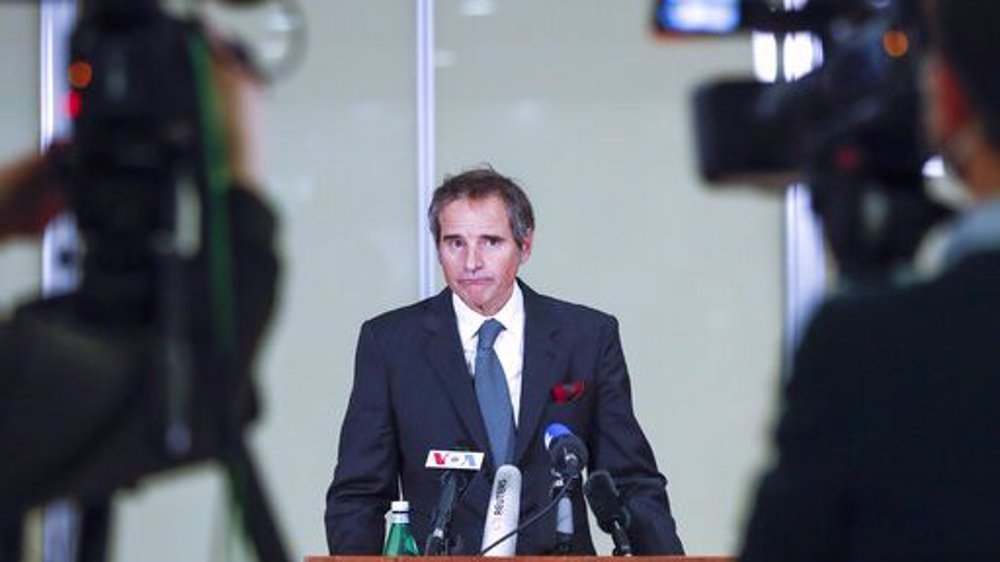
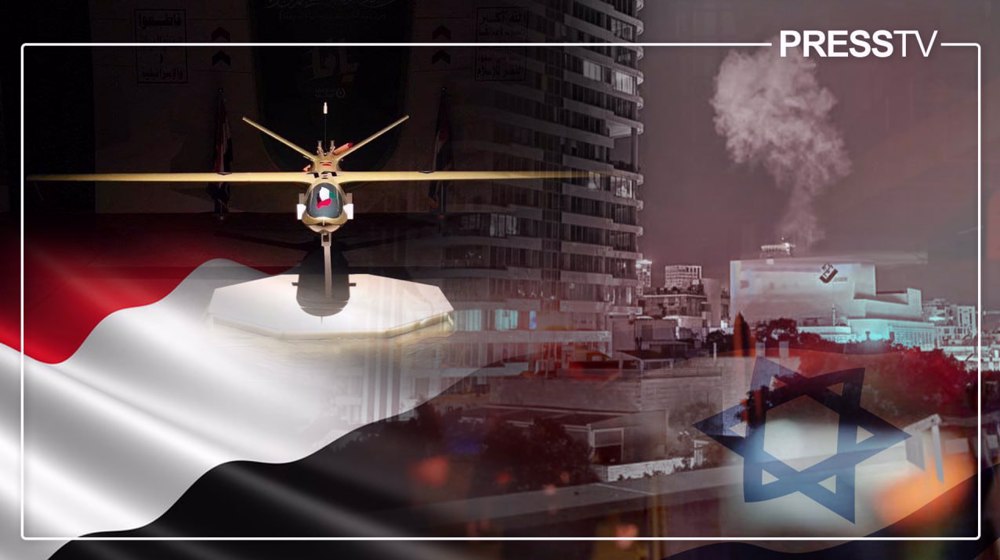
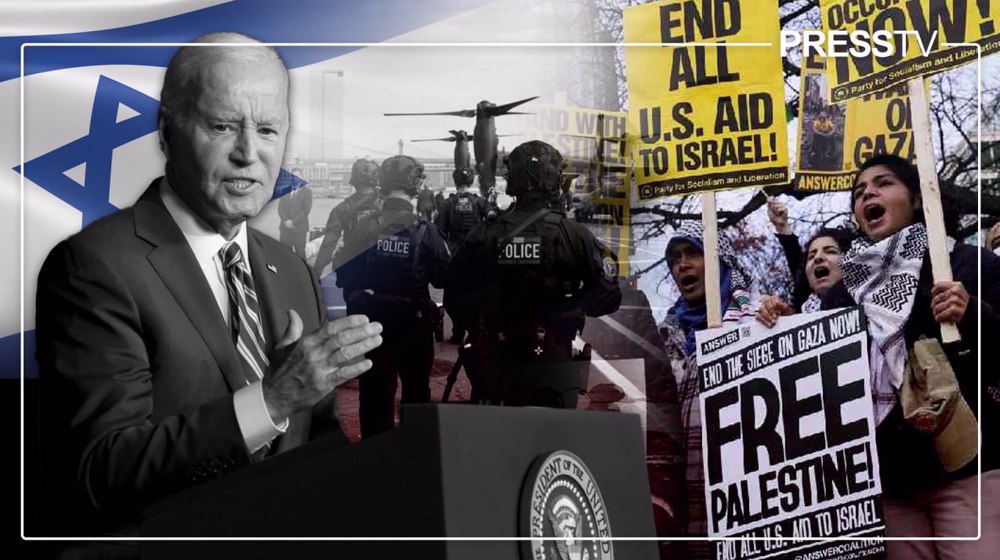
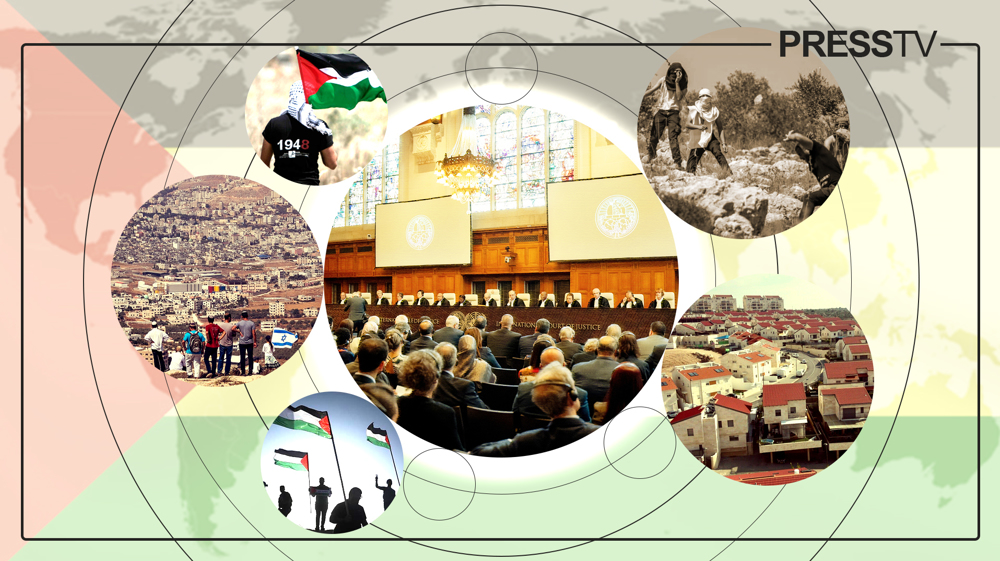



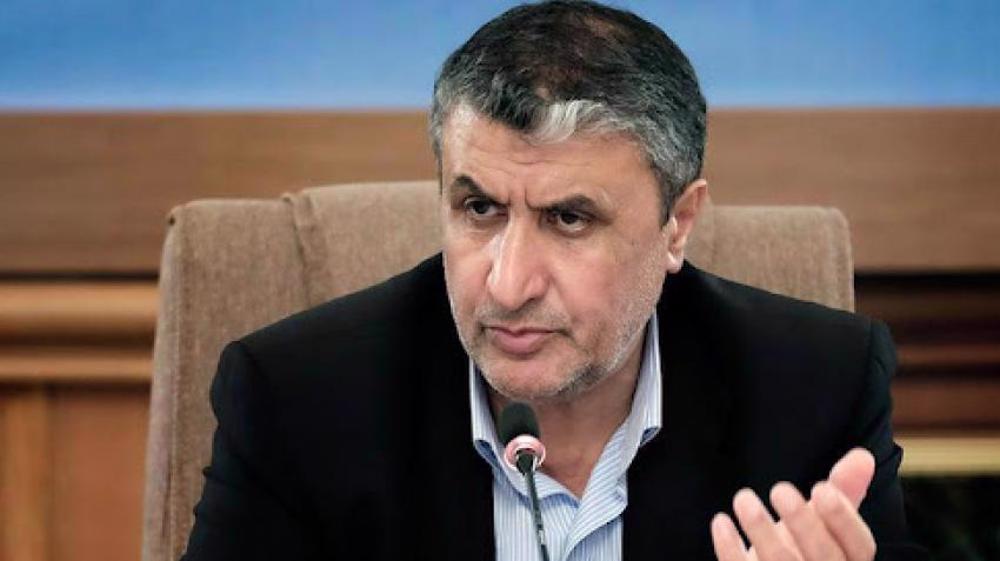
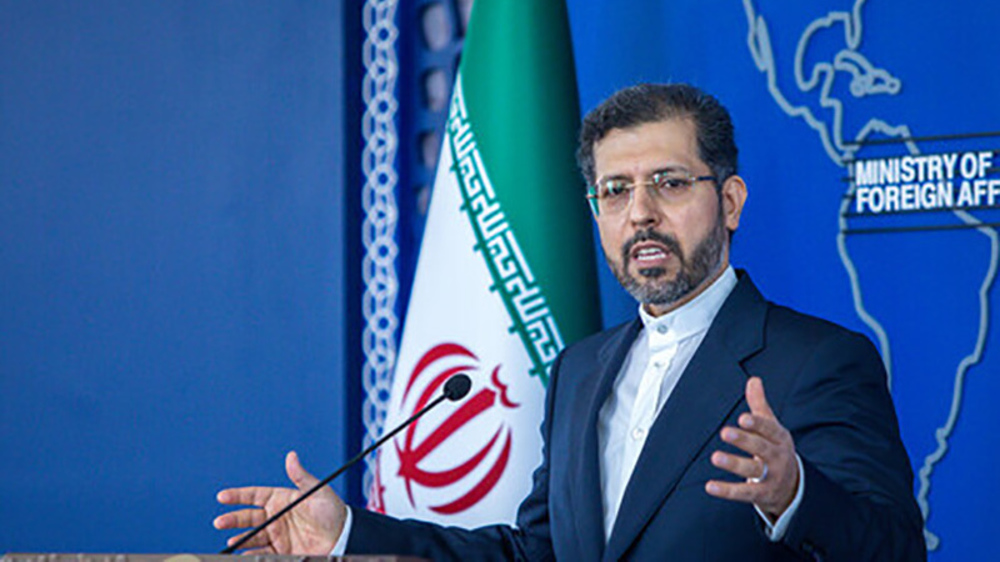
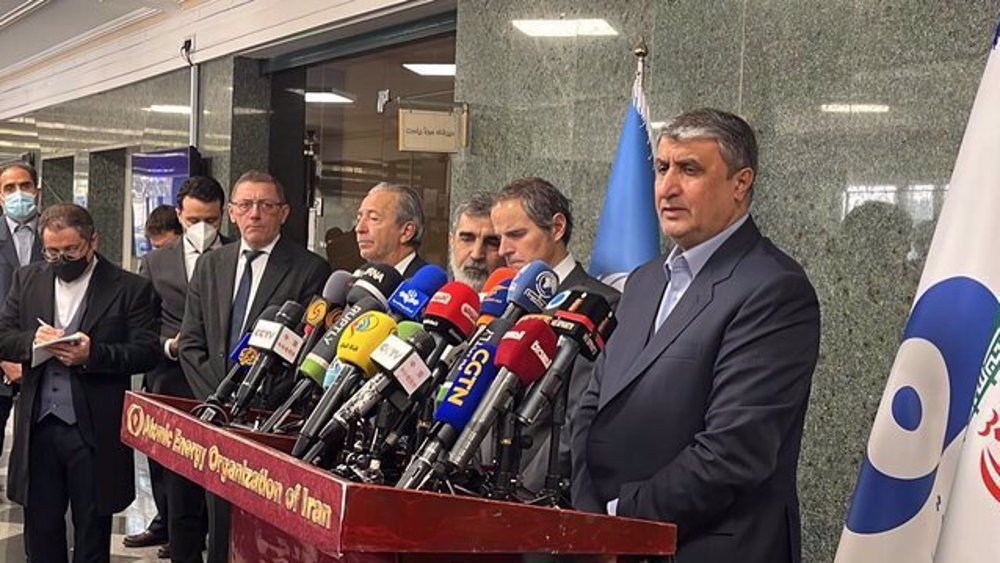
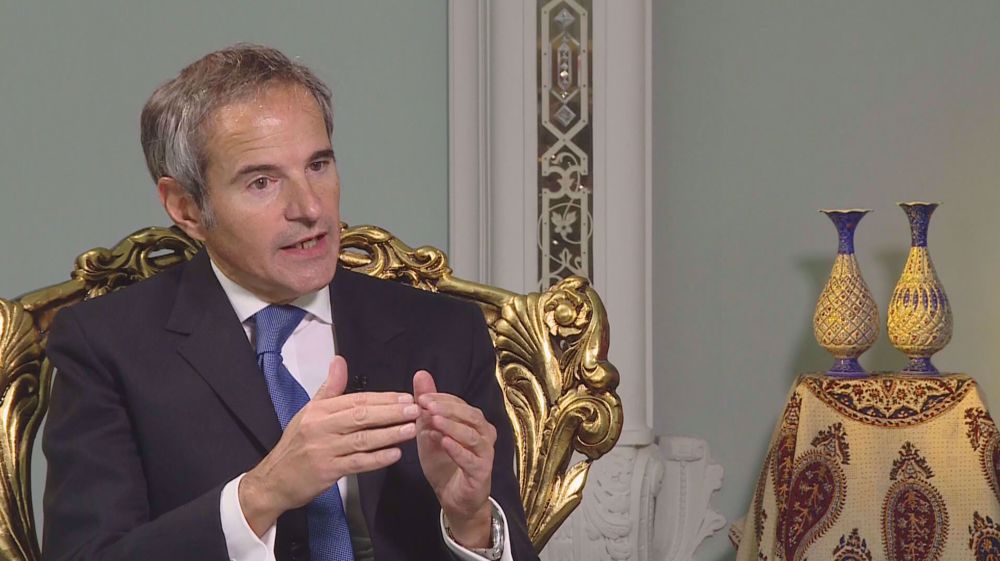
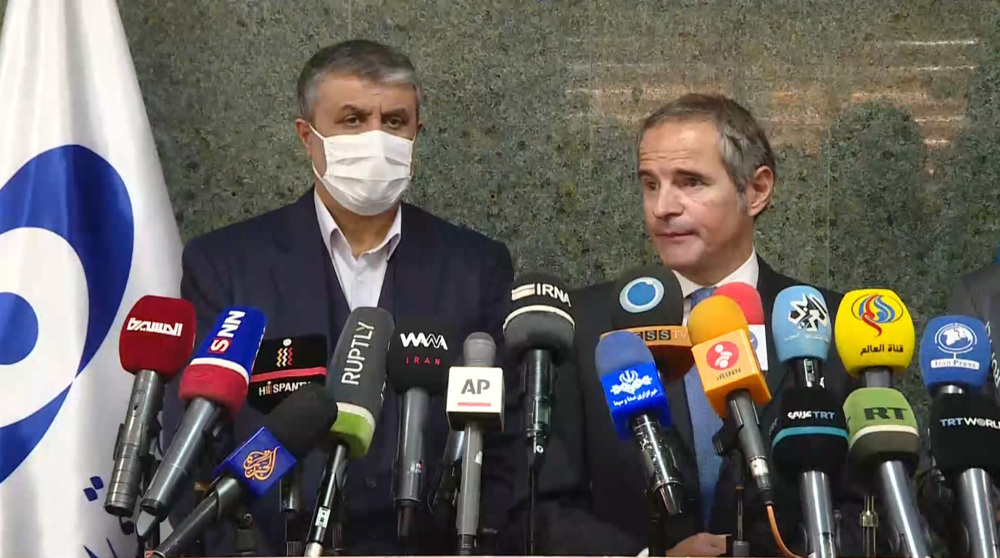

 This makes it easy to access the Press TV website
This makes it easy to access the Press TV website